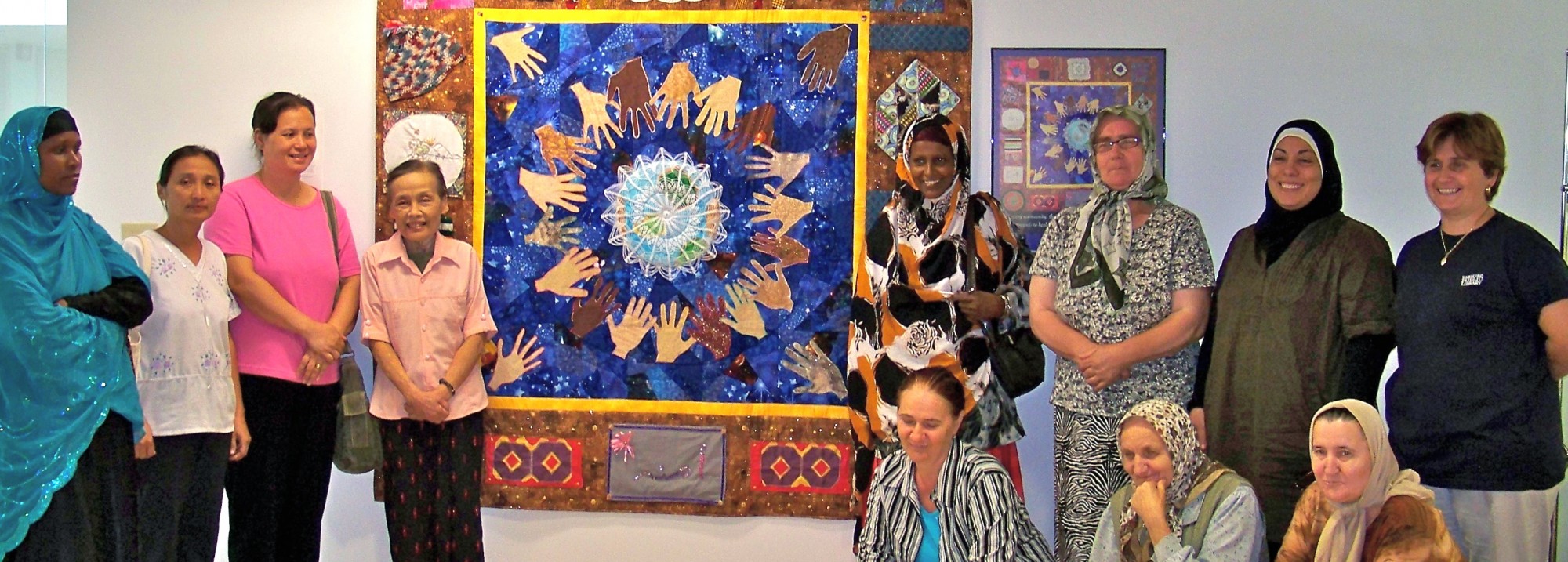For this past semester, I have been working at Jubilee House. Throughout my placement, I have worked with a variety of students, although Pi Mu has been the most consistent. Coming to the United States is obviously going to be a very difficult affair. Whether it be due to a language barrier, inability to find employment, discrimination, inability to access resources and understand rights, or simple homesickness, there are many challenges that immigrants face. The immigrants and refugees at Jubilee House have come to learn English and utilize this great resource. They also come to Jubilee House to gain social capital, find a cultural broker, and make connections in their new homes.
Upon arriving in the United States, many find that their situation has completely changed, although this is not always positive. A number of the immigrants I have worked with have experienced a loss of status. One woman I worked with from Honduras, Bea, had attended university in Honduras and received a masters degree. Her current level of employment in the United States was not specified to me, but it is clearly below her education level. She has faced enormous difficulty getting her degree recognized here. As such, it is almost as though she didn’t attend school at all – all of that hard work and financial investment for essentially nothing. It is an unfortunate reality faced by many immigrants. This loss of status is not only evident in employment and perceived education level. It is also present in the level of independence held.
Unable to speak the common language, immigrants are isolated and incapable of accessing certain resources and agencies. The act of getting a drivers license, applying for and collecting food stamps, applying for a job, procuring an apartment, or even getting around can become incredibly hard tasks. For those with children who were either born in the United States or who have been able to pick up English easily, one’s identity as an ‘adult’ is somewhat challenged–another example of loss of status. The parents become, in a way, reliant on their children’s language skills in order to go about day to day tasks. For a great majority of my students, gaining back that independence is a primary motivator for learning English. The loss of status and place in society is a difficult, painful transition for many, and one that is incredibly common and prevalent. Niaill H.
